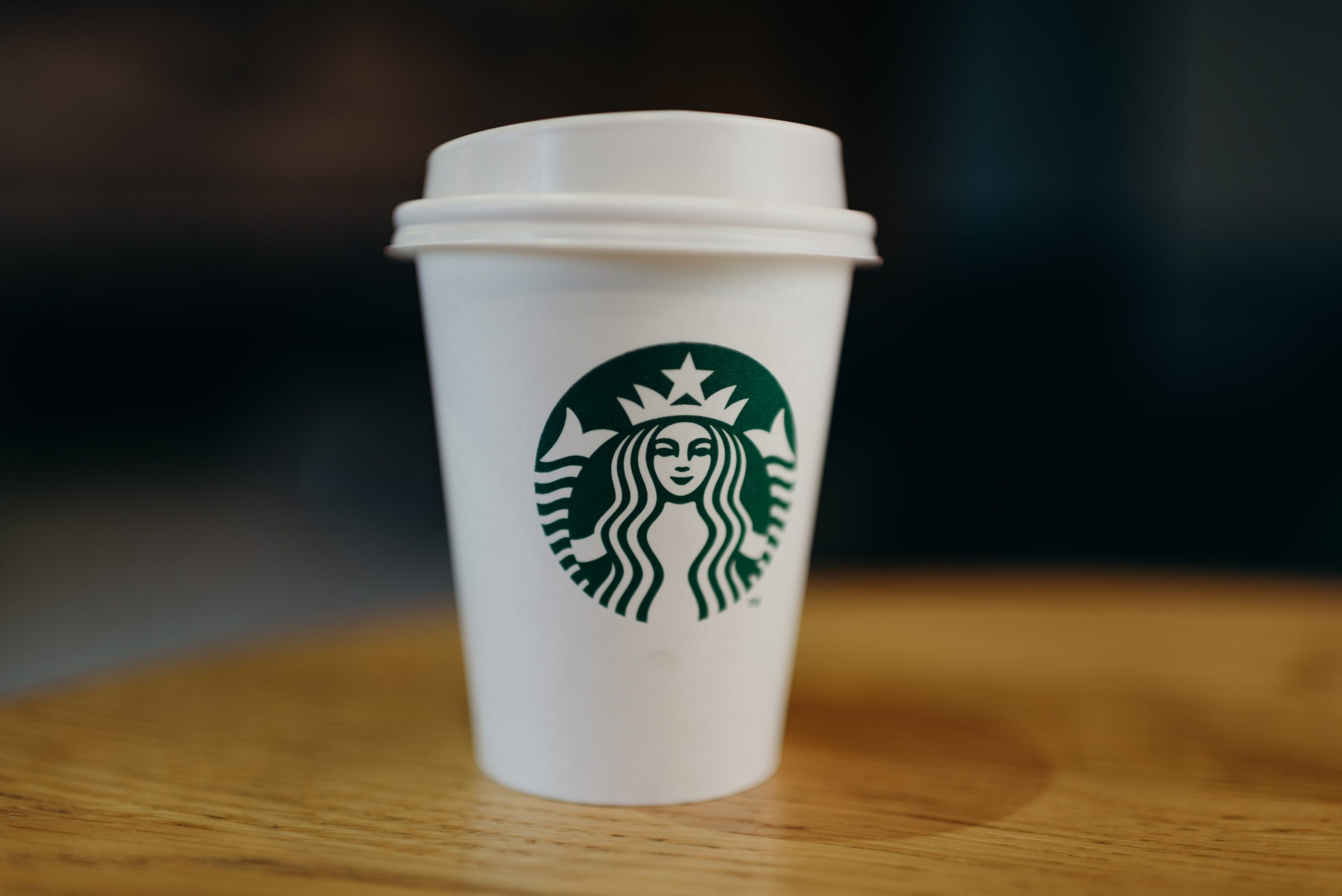Starbucks Dropping Its Plant Milk Surcharge Was A Spoof But Dietary Racism Is Not
4 Mins Read
The nonprofit Switch4Good pranked Starbucks in early December. Together with the Yes Men, they issued a fake press release on behalf of the coffee conglomerate. The release claimed that Starbucks would be dropping its plant milk surcharge in an effort to reverse its years of dietary racism. The statement was published by a number of mainstream media channels before being retracted- in actuality, Starbucks has no plans to remove the plant-based surcharge. The controversy led to renewed conversations on what is termed dietary racism.
Dairy racism is a term used to describe the fact that BIPOC communities witness higher levels of lactose intolerance than white ones, and that by adding levies to non-dairy alternatives, BIPOC consumers are being unfairly penalised for making a choice that prevents illness. Switch4Good originally focused its effort on championing dairy-free living but it is now turning its attention to the injustice faced by many plant milk drinkers.

Punishment for non-compliance
Dairy milk has historically been promoted as part of balanced diet. Now that consumers are interrogating their food more, and where it really comes from, animal-free alternatives are experiencing a surge in popularity.
According to Switch4Good, the cow’s milk agenda starts early, with public schools in the U.S. expected to give cow’s milk to every child. The rule is part of The National School Lunch Program and lactose intolerance is not accepted as a reason to abstain. The non-profit’s main argument is simple: if 75 percent of white children were made ill by dairy, it would be removed from all schools immediately. So why are BIPOC being penalized?
The nonprofit looks specifically at plant milk surcharges in retail outlets as a form of dietary racism. “Charging extra for non-dairy milk is indeed a form of dietary racism because up to 95 percent of BIPOC individuals are lactose intolerant, versus only 15 percent of white people,” Switch4Good executive director Dotsie Bausch said in a statement. “When people of color are disproportionately and unjustly penalized, it constitutes racism. As we said in our spoof video, plant-based milk is not a luxury that should be taxed, it’s a necessity.”
According to the organisation’s research, up to 80 percent of Black and Latinx people suffer from lactose intolerance. In Asian communities, the number rises to 95 percent and more than 80 percent of Indigenous Americans also suffer from an inability to adequately digest cow’s milk.
A widespread problem
The people who make decisions on what Americans should eat for optimal health are woefully unrepresentative of the country’s present-day demographics. Crucially, the 2020-2025 U.S. Dietary Guidelines Advisory Committee has appointed no people of colour. This lack of representation poses a risk as existing systems will not be reevaluated. Presently, the all-white committee recommends three servings of dairy per day.
The issue spans further than major coffee chains and government committees. It is observable in neighbourhoods throughout the U.S. White communities have, on average, four times the number of supermarkets as Black ones. They are usually bigger and offer more choice as well. In low-income and BIPOC neighbourhoods, stores have been shown to feature less fresh and health-focussed foods in favour of convenience. This traps individuals in a cycle of dietary poverty.
“Dietary racism clearly parallels environmental racism, and often creates financial barriers that exclude people from making healthier food choices,” said Dr. Milton Mills of Washington DC. “It is galling that this issue would be dismissed as performative ‘wokeness,’ when dietary racism impacts potentially every person of color in America.” Mills has previously published research journal articles addressing racial bias in federal nutrition policy.

Keeping the pressure on
Starbucks has refused requests from BIPOC communities to drop its plant milk surcharge. Switch4Good has pledged to continue to pressure the coffee giant to reverse its decision.
In 2019, alongside other NGOs, the nonprofit got soy milk recognised by the Dietary Guidelines for Americans as nutritionally equivalent to dairy. As a multicultural and inclusive coalition, it is now squarely taking aim at unfair dairy discrimination in the commercial sector. It is invested in ensuring that all public schools have access to soy milk and appropriate reimbursement.
Plant milk surcharges are causing disappointment elsewhere in the world. As McDonald’s Australia unveiled oat milk as part of its McCafé menu, a levy was applied to the dairy alternative. This comes as Australian government research shows that up to 75 percent of non-Caucasians in the country are lactose intolerant. In contrast, five percent of white citizens are considered intolerant.
Scotland announced that plant milk is being added to the country-wide free school milk initiative. the news came after low-income families felt discriminated against when having to supply their own dairy alternatives.
Lead image courtesy of Unsplash.





